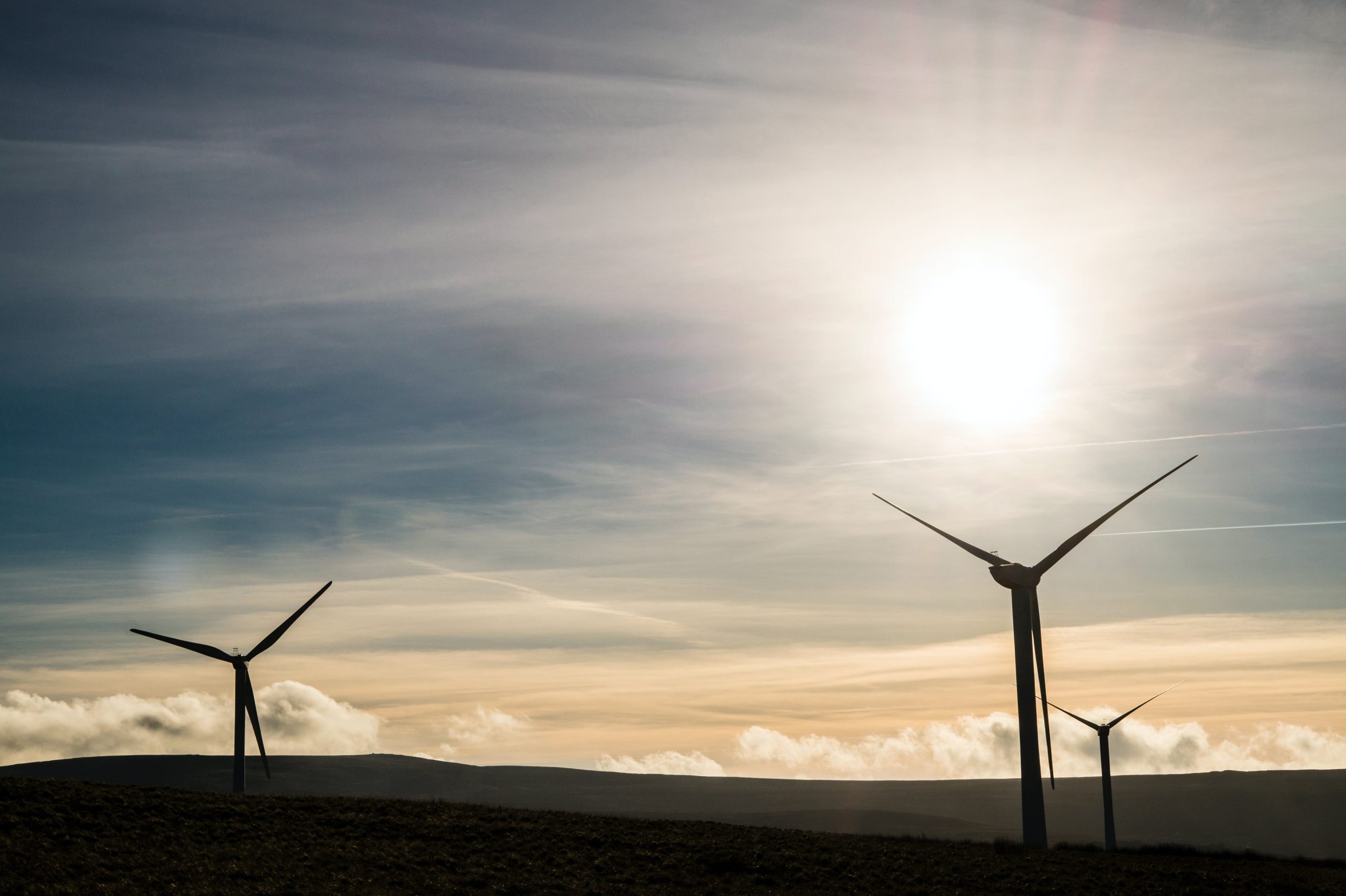
Renewable Energy Policy In Serbia
Serbia has been exploring and expanding its renewable energy sector, including the potential for solar energy projects. Here is a general overview of the possibilities for investing in solar plants in Serbia:
- Renewable Energy Policy:
Serbia has been working to increase its share of renewable energy in the overall energy mix. The country has set targets for the development of renewable energy sources, including solar energy, as part of its commitment to sustainability and environmental goals.
- Regulatory Framework:
The legal and regulatory framework for renewable energy projects, including solar plants, is governed by laws such as the Law on Energy and the Law on Renewable Energy Sources. These laws provide guidelines for project development, licensing, and incentives.
- Feed-in Tariffs and Incentives:
Serbia has implemented feed-in tariffs and other incentives to encourage investments in renewable energy projects, making them financially attractive for investors. These mechanisms provide a guaranteed purchase price for the electricity generated from solar plants.
- Licensing and Permits:
Investors interested in developing solar plants in Serbia need to obtain the necessary licenses and permits from the relevant authorities. The process typically involves securing approval from the Energy Agency of the Republic of Serbia.
- Project Financing:
Financing options and incentives, both domestic and international, may be available to support solar energy projects. Investors can explore partnerships, loans, grants, and other financial instruments to fund their projects.
- Solar Potential:
Serbia enjoys a favorable climate with a significant amount of sunlight, making it suitable for solar energy generation. The country’s solar potential can be a key factor attracting investors interested in harnessing clean and sustainable energy.
- Project Size and Scale:
Solar projects in Serbia can vary in size and scale. Investors can explore utility-scale solar farms, rooftop solar installations, and distributed solar generation projects based on their preferences and business models.
- Public-Private Partnerships:
Public-private partnerships may present opportunities for collaboration between private investors and government entities. Such partnerships can contribute to the development of larger-scale solar projects.
- Environmental Impact:
Solar plants have a relatively low environmental impact compared to conventional energy sources. Investors may find that aligning with sustainable and eco-friendly projects aligns with global trends and Serbia’s commitment to green energy.
- Risks and Challenges:
As with any investment, there are risks and challenges associated with solar projects. These may include regulatory changes, grid connection issues, and market fluctuations. Conducting thorough due diligence is crucial for potential investors.
Investors considering solar plant projects in Serbia should conduct detailed feasibility studies, assess regulatory compliance, and stay informed about market conditions. Engaging with local experts, legal advisors, and industry professionals can help navigate the complexities of the renewable energy sector and optimize investment strategies. Additionally, keeping abreast of any updates or changes in the regulatory landscape is essential for making informed investment decisions.
